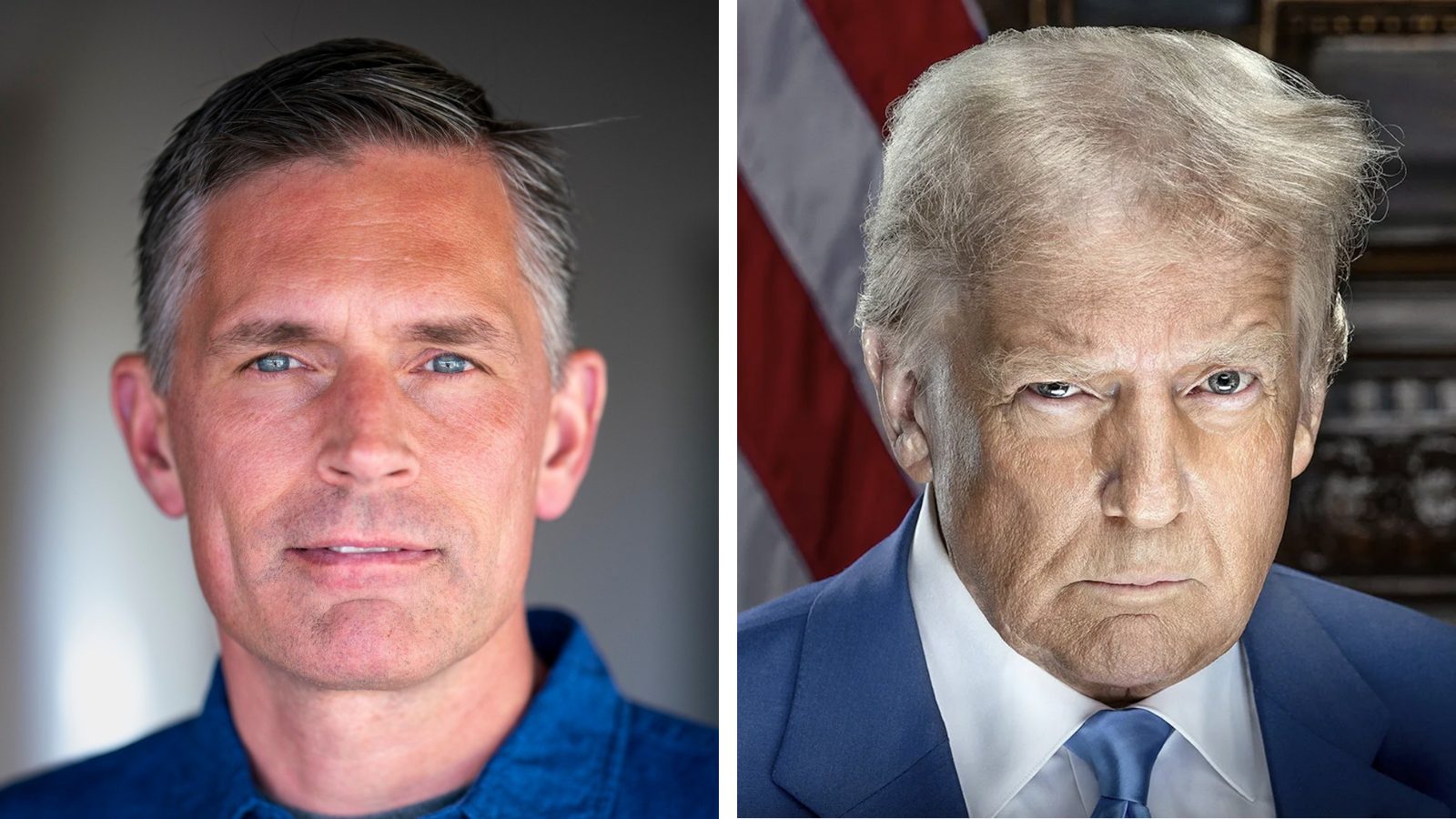
Adventure.com contributing editor Gordy Megroz speaks with Senator Martin Heinrich, one of America’s public lands champions, on stopping the selloff of public lands, the state of the National Parks, and why we should still be hopeful.


Adventure.com contributing editor Gordy Megroz speaks with Senator Martin Heinrich, one of America’s public lands champions, on stopping the selloff of public lands, the state of the National Parks, and why we should still be hopeful.
Senator Martin Heinrich feels most at home in the rugged wilds of New Mexico. The 51-year-old lawmaker, now in his third term representing the southwestern state, has emerged as perhaps the Senate’s most ardent defender of America’s public lands.
He currently serves as the top Democrat on the powerful Senate Energy and Natural Resources Committee, which oversees national parks, forests, and public ranges, and he has repeatedly introduced legislation aimed at protecting America’s public lands. In 2020, he was a driving force behind the Great American Outdoors Act, a landmark bipartisan law he helped introduce that permanently funds conservation programs like the Land and Water Conservation Fund.
Most recently, he helped stop the selloff of 500,000 acres of public lands. Adventure.com contributing editor Gordy Megroz spoke with Senator Heinrich to discuss recent attacks on wild places, and his plans for protecting public lands for generations to come.
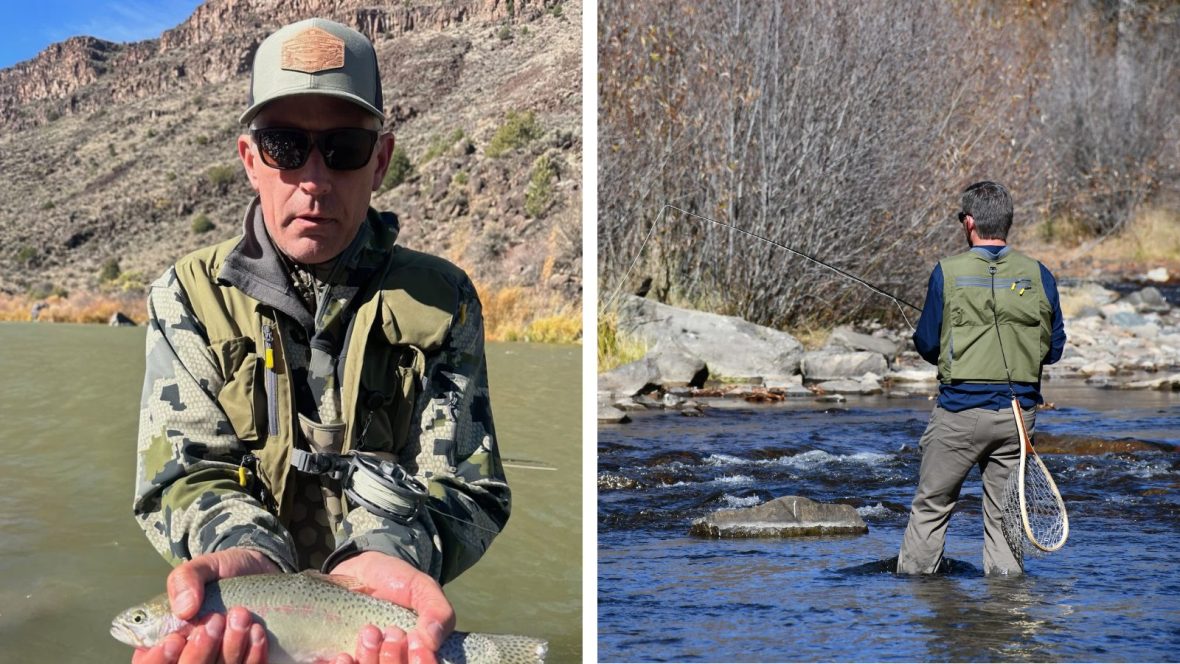
How did your advocacy for public lands begin?
Senator Martin Heinrich: I grew up in Missouri, in a place where there wasn’t as much public land. When I moved to New Mexico right out of college and was exposed to lots of public land, it was just amazing to me as a young adult that this resource belongs to everyone. And so I just found myself spending an enormous amount of time outside on public lands and just fell in love with what that means for regular people.
And that’s what really got my activism started. I’ve been involved for over 25 years in conservation in New Mexico, and I’ve gotten to work on places like the Valles Caldera National Preserve, and on the creation of our two big community-based monuments that we did, both Rio Grande del Norte National Monument and Oregon Mountains Desert Peaks National Monument, and I’ve been involved in defending those places when they were under threat.
“Changes to our public lands is not what the American public wants to see happen. I have enormous faith that this is so disconnected from the wishes of the American people that we’ll be able to build a coalition to protect our public lands, from left to right and everywhere in between.”
In June, the provision to sell off vast swaths of public lands was removed from the reconciliation budget bill, also known as the One Big Beautiful Bill Act. How were you able to make that happen?
Senator Heinrich: I think one of the things that I brought to this effort is my network, which is different from a lot of Democratic US senators. I’ve spent my entire adult life hunting and fishing and building relationships with conservatives and Republicans that maybe don’t agree with me on social policy, but we’ve worked together on conservation for decades and have trust. So, I was able to reach out to a lot of conservative influencers who have huge numbers of followers—people with huge social networks who’ve been leaders in the conservation space—and I made sure that they had the information on what was precisely in the bill. And those people were able to get the word out quickly and they all agreed that the selloff was a really bad idea. They did the heavy lifting. In a short period of time, we went from a few posts to this being the topic on the Joe Rogan Show.
But I also think that one of the turning points was when the Wilderness Society published a map of what lands were subject to the language in the bill. Once people could see that, they could see the places that they had family connections to and life connections to, and realize that this wasn’t some little thing, that it impacted the places where they made memories. That really got people’s attention. They called their senators and representatives and eventually the bill just didn’t have the votes with that provision included.
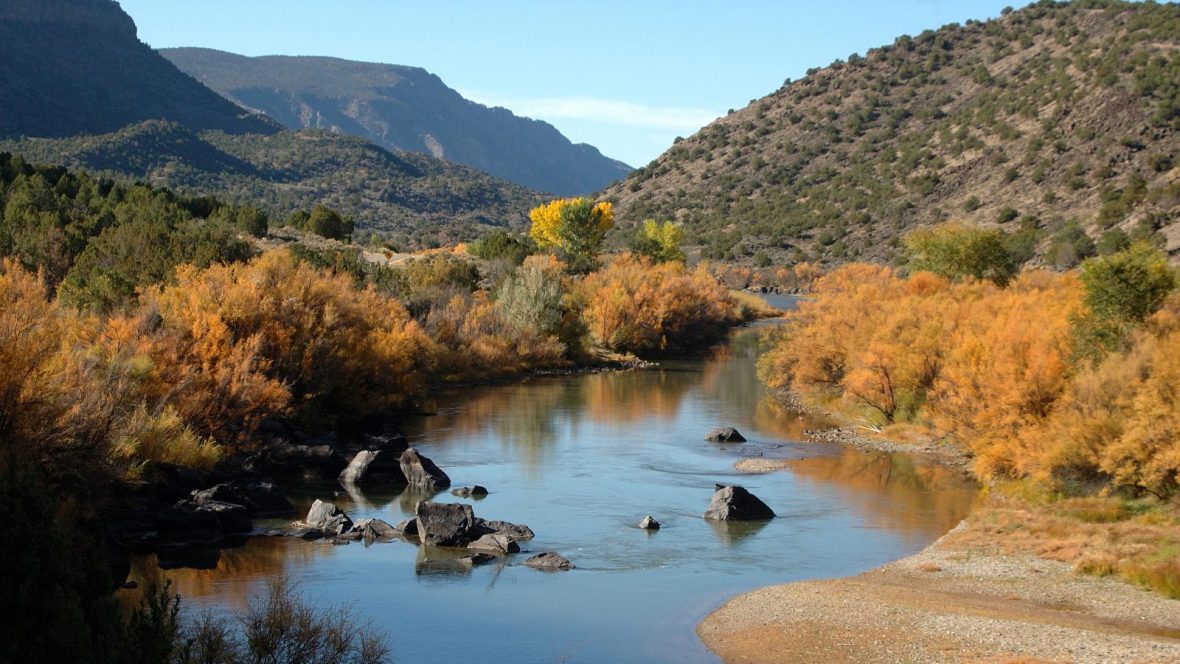
Do you expect more attempts to try to sell off public lands?
Senator Heinrich: I don’t think it’s an idea that’s going away. Chairman Mike Lee [Republican Senator from Utah] has been committed to it for decades, and the effort has come in different forms over the years. I think right now we’ve got a real challenge with Chaco Canyon in New Mexico. It is definitely one of the most significant cultural landscapes in North America and this is an administration who seems very intent on opening it up to oil and gas drilling.
The Arctic National Wildlife Refuge is another one. I’ve been lucky in my life to travel much of the world, to see what an incredible landscape that is. If my constituents could see what a migrating caribou herd means culturally to the people who live there, they would understand why it’s so important to keep drilling out of that area. You can’t see that stuff with your own eyes and think, ‘Well, this is a great place to drill for oil.’
New Mexico produces a lot of oil and gas, but we’ve always done a good job of setting aside our most treasured landscapes and saying that there are some places that need to exist for their own value. The Arctic Refuge is one of those places. The last time they tried to mandate lease sales there, it ended up falling flat because I think the oil and gas companies were afraid to drill in a refuge. As they should be.
What’s the strategy to prevent the broad selloff of public lands when Senator Lee or somebody else proposes that again?
Senator Heinrich: There’s a lot more we agree on than disagree on with these issues. We need to build a broad coalition, not a purity coalition. And when you have a broad coalition, you can win these battles. We had everyone from off-roaders and jeepers to bird watchers and everything in between pushing back on the last attempt at a big selloff. I had a senator from Maine tell me that he was getting as many calls on public lands as on issues like Medicaid, and Maine doesn’t have any Bureau of Land Management lands. So, this issue really hit a nerve with the American public, and we were able to communicate the risk fast enough that the public rose up and did the real work.
Do you ever try to engage in personal conversations with Senator Lee?
Senator Heinrich: Sure. I’ve known Mike for years. We’ve even traveled together. We’ve had a lot of conversations over the years, but there are places where we just fundamentally have very different views on these things.
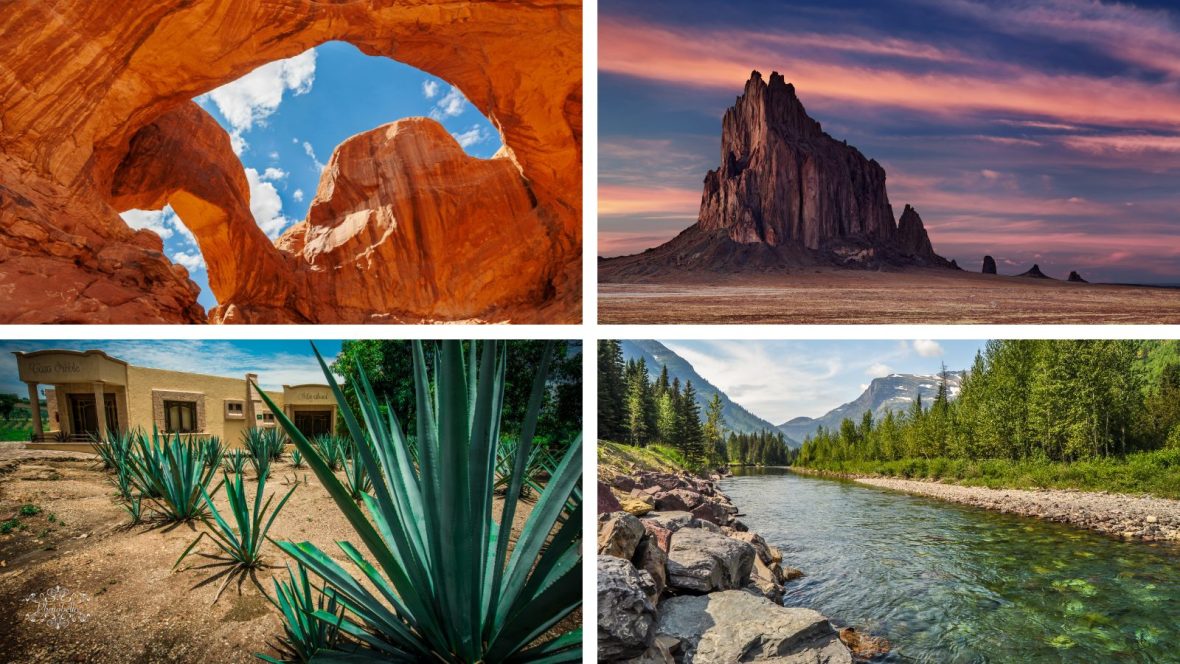
The Trump administration has also cut funding and staffing at the National Parks. What effect has that had?
Senator Heinrich: I think it’s very unsettling when something as central to our identity as our national parks and public lands is under attack from our own government. It’s a cultural issue, and economically, it’s a disaster. Our national parks are an economic engine for these gateway communities. But they’re also who we are. And when someone comes along and says we’re going to erase the hard parts of our history, that doesn’t make us stronger—it makes us weaker. I think over time there has been a concerted effort to try to defund the management of public lands in general and then create a narrative that these lands aren’t being managed well enough because we defunded the ability to do that. So, therefore, we should be able to sell them off.
But what worries me the most about the park service is that the administration followed up the idea of land selloffs with the idea that they would just transfer management of what they call ‘small P national parks,’ meaning national historic sites or national monuments, to the states. There are a lot of problems with that. One is that you wouldn’t even be able to effectively provide fire management and suppression. And some of our so-called ‘small p national parks’ are our crown jewels. The Valles Caldera National Preserve in New Mexico is 89,000 acres and stunning. People call it New Mexico’s Yellowstone. We made it a national preserve because we wanted a model that embraced hunting and fishing as part of its management. I don’t want to see something overlooked just because it’s not a full national park, because those areas are often the most important in terms of our nation’s history and natural resources.
Why should we remain hopeful that America’s public lands will remain protected?
Senator Heinrich: Changes to our public lands is not what the American public wants to see happen. I have enormous faith that this is so disconnected from the wishes of the American people that we’ll be able to build a coalition to protect our public lands, from left to right and everywhere in between.



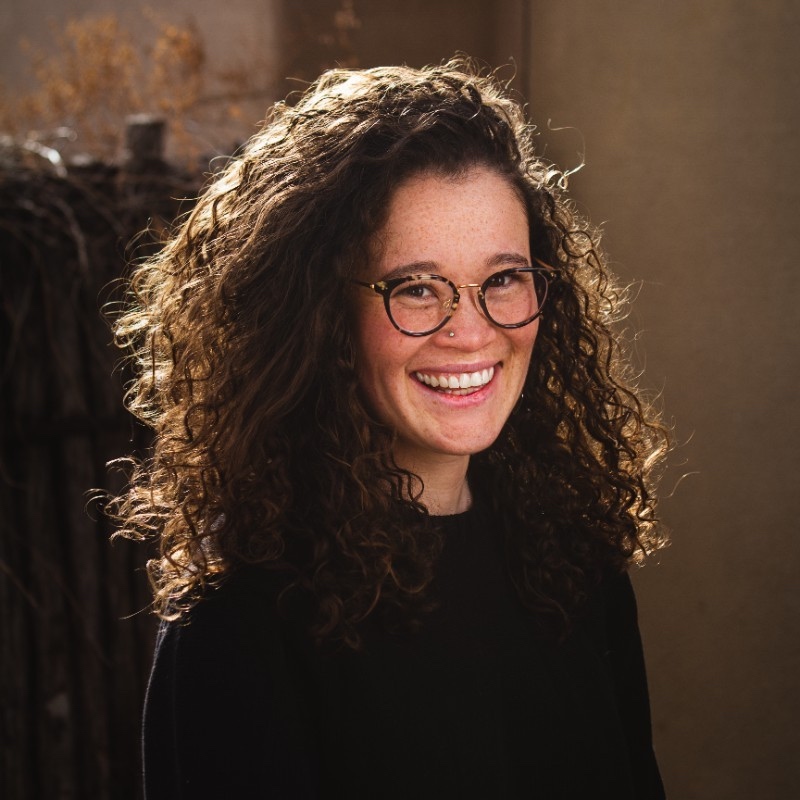





Can't find what you're looking for? Try using these tags: